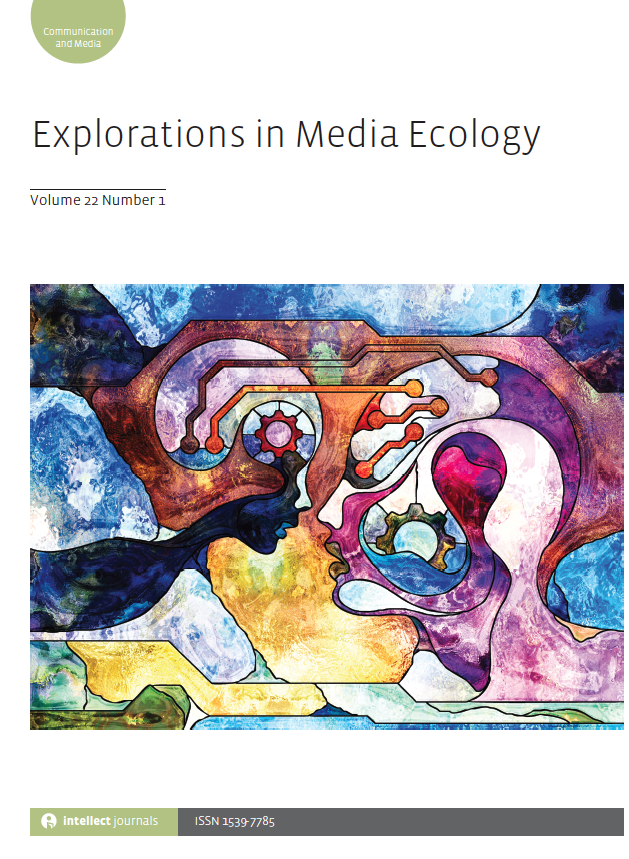
Full text loading...

This article attempts to critically assess the concept of a ‘fourth milieu’ of ‘virtuality’ as possibly unique and distinct from Jacques Ellul’s technical milieu (the third of Ellul’s theoretical ‘three milieus’). The proposed fourth milieu challenges the very definition and boundary between ‘the real’ and the virtual, the rational and the irrational, the sacred and the profane, the human subject and the virtual subject. I argue that Ellul’s dialectical studies on the nature of ‘the word’ and ‘the image’ suggest that the internet is the space of the ‘irrational’ within the general ‘rational’ milieu that constitutes the technological organization of our society. Contrary to a ‘virtual’ milieu, I argue that the internet is the dialectical pole of ‘irrationality’, a parallel domain that exists in tension with the ‘rational’ pole of industrial society. Ellul’s concepts of the ‘sacred’ and ‘sacred of transgression’ contribute to the dialectical dynamics that are discussed in this article.

Article metrics loading...

Full text loading...
References


Publication Date:
https://doi.org/10.1386/eme_00129_1 Published content will be available immediately after check-out or when it is released in case of a pre-order. Please make sure to be logged in to see all available purchase options.